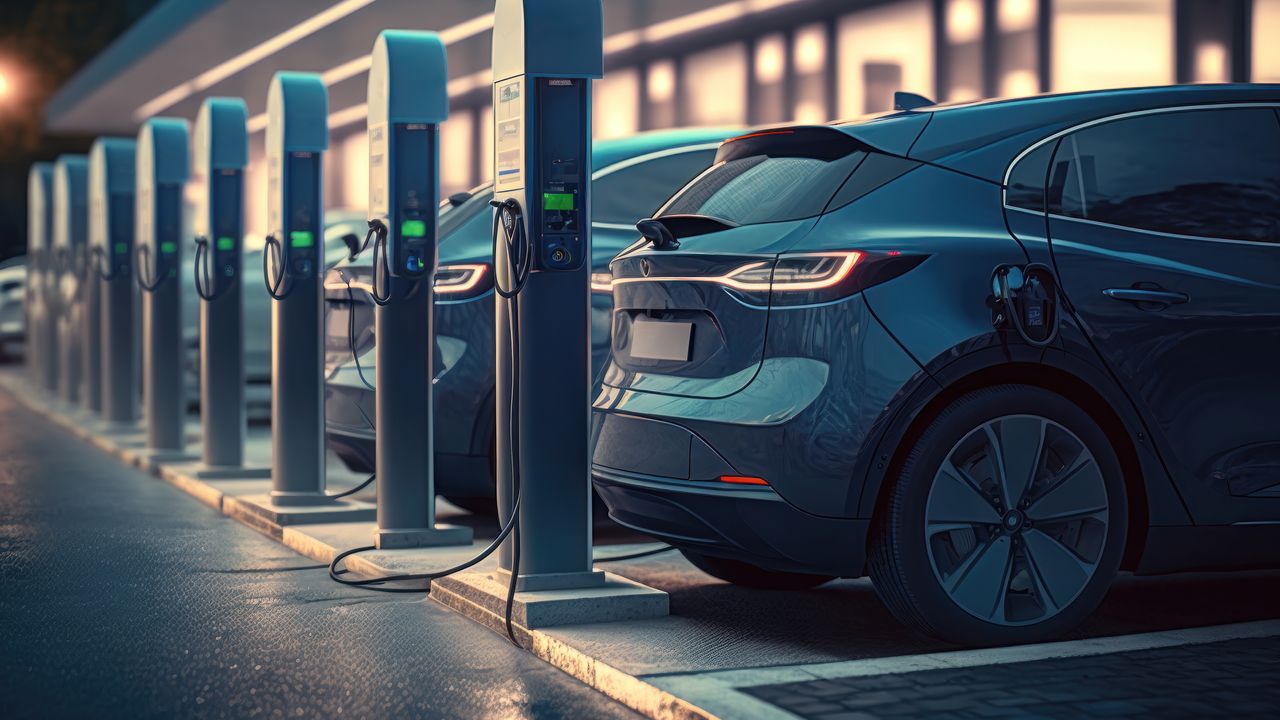Electric Car Leasing vs. Buying: Which is Right for You?
Are you considering making the switch to an electric vehicle but not sure whether to lease or buy? Let’s break down the pros and cons of each option so you can make an informed decision.
Electric Car Leasing
Leasing an electric car can be a great option for those who want to enjoy the benefits of driving electric without the commitment of ownership. When you lease a car, you essentially pay for the depreciation of the vehicle over the lease term, typically 2-3 years.
- Lower Monthly Payments: Lease agreements often come with lower monthly payments compared to buying, making it a more affordable option for many.
- No Resale Hassle: At the end of the lease term, you can simply return the car to the dealer without having to worry about selling it or dealing with its residual value.
- Access to Newer Models: Leasing allows you to drive a new electric car every few years, keeping you up-to-date with the latest technology and improvements in electric vehicles.
Considerations for Electric Car Leasing:
- Lease Mileage Restrictions: Most leases come with mileage restrictions, so make sure you choose a mileage allowance that fits your driving habits.
- Excess Wear and Tear Fees: You may be charged for excessive wear and tear on the vehicle at the end of the lease term, so take good care of the car to avoid additional costs.
Electric Car Buying
Buying an electric car gives you full ownership of the vehicle, allowing you to keep it for as long as you like and customize it to your preferences. While the upfront costs may be higher, buying can be a better long-term investment for some.
- Build Equity: When you buy a car, you have the opportunity to build equity in the vehicle over time, which can be beneficial if you plan to keep the car for many years.
- No Mileage Restrictions: Unlike leasing, buying a car means you can drive as many miles as you want without worrying about excess mileage fees.
- Resale Value: Electric vehicles tend to hold their value well, so if you decide to sell your car in the future, you may recoup a good portion of your initial investment.
Considerations for Electric Car Buying:
- Higher Upfront Costs: Buying a car typically requires a larger upfront payment compared to leasing, which may not be feasible for everyone.
- Depreciation: While electric cars hold their value well, all vehicles depreciate over time, so consider how long you plan to keep the car before buying.
Conclusion
Ultimately, whether you choose to lease or buy an electric car depends on your personal preferences, budget, and long-term goals. Consider factors such as monthly payments, ownership benefits, and resale value when making your decision. Whichever option you choose, driving an electric vehicle is a step towards a more sustainable future.
